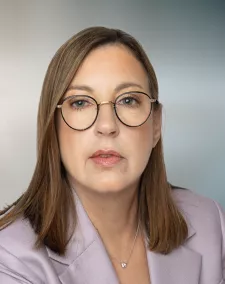
Taking a cue from the SEC: Wall Street whistleblowers need anonymity in addition to awards | Causes, Not Just Cases®
In a recent speech given at the New York University School of Law, U.S. Attorney General Eric Holder stated that the funds awarded to Wall Street whistleblowers under the Financial Institutions Reform, Recovery and Enforcement Act (FIRREA) should be raised significantly in order to encourage more reports on illicit prosecutable actions.
“The amount an individual can receive [through FIRREA’s whistleblower provision] in exchange for coming forward is capped at just $1.6 million—a paltry sum in an industry in which, last year, the collective bonus pool rose above $26 billion, and median executive pay was $15 million and rising,” Holder argued.
While Congress does need to increase FIRREA’s $1.6 million cap, it should also take a cue from the Securities and Exchange Commission’s whistleblower program, which protects SEC whistleblowers’ confidentiality throughout the process, even if they receive awards.
Like the False Claims Act—a law which only applies to whistleblowing on government-funded programs—if the government decides to bring a FIRREA whistleblower’s case, the name of the whistleblower becomes unsealed or public. And since FIRREA only applies to federally insured entities like Wall Street banks, the risk of being blacklisted is large.
As I told Law360 in a recent interview, “[c]lients at big banks, they’re much more nervous about confidentiality because the whole Street will blacklist you if you’re labeled as a whistleblower.”
Even at Holder’s suggested increase of up to a third of the funds recovered by the government, which is the same as what’s awarded by the False Claims Act, where is the benefit in receiving a one-time award when you could lose the potential to make untold millions over a lifetime?
Preserving the anonymity of a potential FIRREA whistleblower would greatly increase the chances of receiving information that’s useful and applicable in our ongoing efforts to hold all financial intuitions, including our nation’s greatest banks, accountable for unfair practices, and consequently promotes the deterrence of any future illicit activity.
Overall, Holder’s remarks were encouraging in that they show not only a drive toward improving whistleblower programs, but they’re also an acknowledgement that whistleblower laws are effective for rooting out fraud and are likely here to stay.